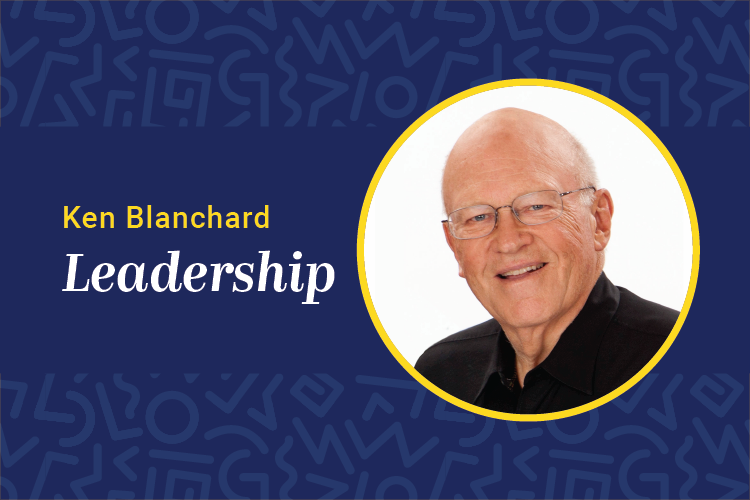 Working within a mentoring relationship is a powerful way for individuals to grow their careers. Whether young people are learning from seasoned pros, or career achievers are passing along their wisdom, mentoring offers a host of benefits: increased knowledge, new skills, elevated energy levels and career satisfaction.
Working within a mentoring relationship is a powerful way for individuals to grow their careers. Whether young people are learning from seasoned pros, or career achievers are passing along their wisdom, mentoring offers a host of benefits: increased knowledge, new skills, elevated energy levels and career satisfaction.
Cross-generational mentoring has been a fundamental factor in my success, so it’s no surprise that I’m passionate on this topic — so much so that at 75 I felt called to write “One Minute Mentoring” with Claire Diaz-Ortiz, a 33-year-old former Twitter executive.
Without the many mentors I’ve had along the way, my career and company would never have happened.
Starting our own company was the last thing my wife, Margie, and I had in mind in 1977. That was the year we were on sabbatical leave from teaching at the University of Massachusetts, and Margie had recently finished her doctorate. Our destiny changed when we went to a weeklong Young Presidents Organization conference in Honolulu, where I’d been invited to speak.
I began the conference as a relative unknown, but people apparently liked what I had to say — attendance at my talks grew from 200 on Monday to almost 1,000 on Friday. Impressed by my performance, a group of YPO presidents asked Margie and me about our post-sabbatical plans.
“We’re going back to the University of Massachusetts at the end of the year,” we said.
The YPO presidents were taken aback and strongly encouraged us to rethink our future. “You need to create your own organization,” they said. “When you’re hot, you’re hot!”
We were flattered, but didn’t know the first thing about running a company. We couldn’t even balance our own checkbook, Fortunately, five of those YPO presidents offered to mentor us, and eventually became our advisory board. Like most mentoring partnerships, it was mutually beneficial; Margie and I learned from their collective experience, and our board members benefited from our fresh ideas and enthusiasm.
Fast forward to 2017. Given the accelerating pace of change, people can be great at what they’re doing today and be out of business tomorrow. The only job security any of us has is a commitment to continuous improvement. Cross-generational mentoring relationships can provide career-enhancing wisdom for young people, and protect older people from obsolescence.
Peer-to-peer mentoring can be just as beneficial. In a writing career that has produced more than 60 books, I’ve worked with dozens of co-authors, including positive thinking guru Norman Vincent Peale, Chick-fil-A founder Truett Cathy, and former Miami Dolphins coach Don Shula. People sometimes ask me why I don’t write books by myself more often. I tell them, “This is how I learn. I already know what I know!”
To help people establish mentorships and to provide guidelines on how to make those relationships work, Claire Diaz-Ortiz and I developed a framework we call the MENTOR model.
M is for mission: Begin by crafting a mutually agreed upon mission statement for the mentorship. What does each party intend to get out of the partnership? A mentoring mission is a picture of how things will be if everything goes as planned.
E is for engagement: Engagement — how often a mentor and mentee communicate with each other and by what means — provides the structure that solidifies the mentoring partnership and its mission.
N is for networking: Each partner in a mentoring relationship brings a network of connections to the other. These connections become a pipeline to new knowledge, skills and opportunities.
T is for trust: By telling the truth, staying connected and being dependable, mentors and mentees can build a relationship that nurtures genuine communication and growth.
O is for opportunity: For both partners, mentoring opens opportunities to: events, learning experiences, connections and career options.
R is for review and renew: A regular review keeps the relationship on track and ensures goals are accomplished.
If your organization doesn’t already have a formal mentoring program, consider introducing one. Mentors can assure the preservation of your organization’s knowledge and culture. The mentees you nurture today may become your organization’s leaders tomorrow.
Ken Blanchard is chief spiritual officer of The Ken Blanchard Cos. and coauthor of “Collaboration Begins with You: Be a Silo Buster.” Comment below, or email editor@CLOmedia.com.















